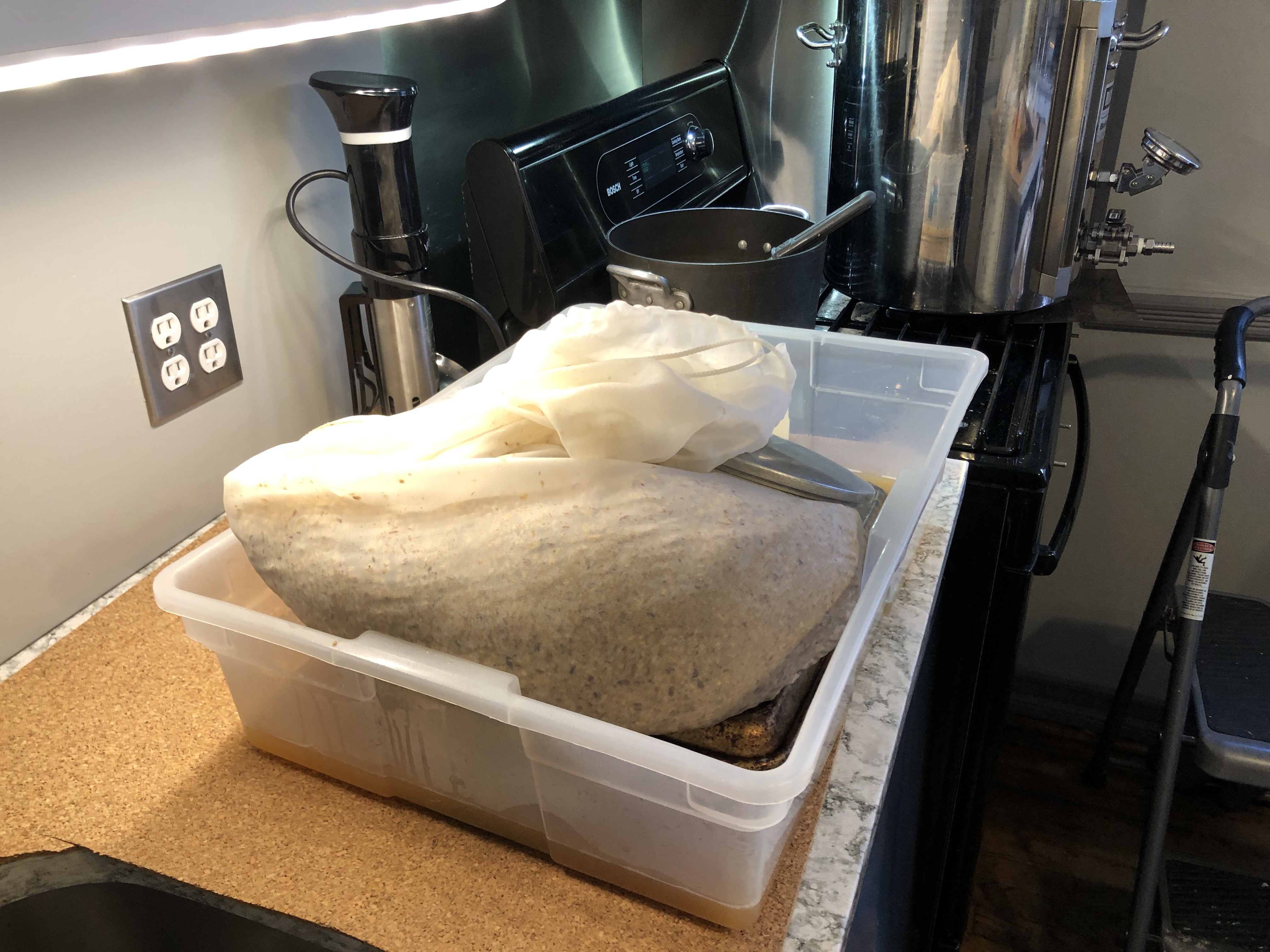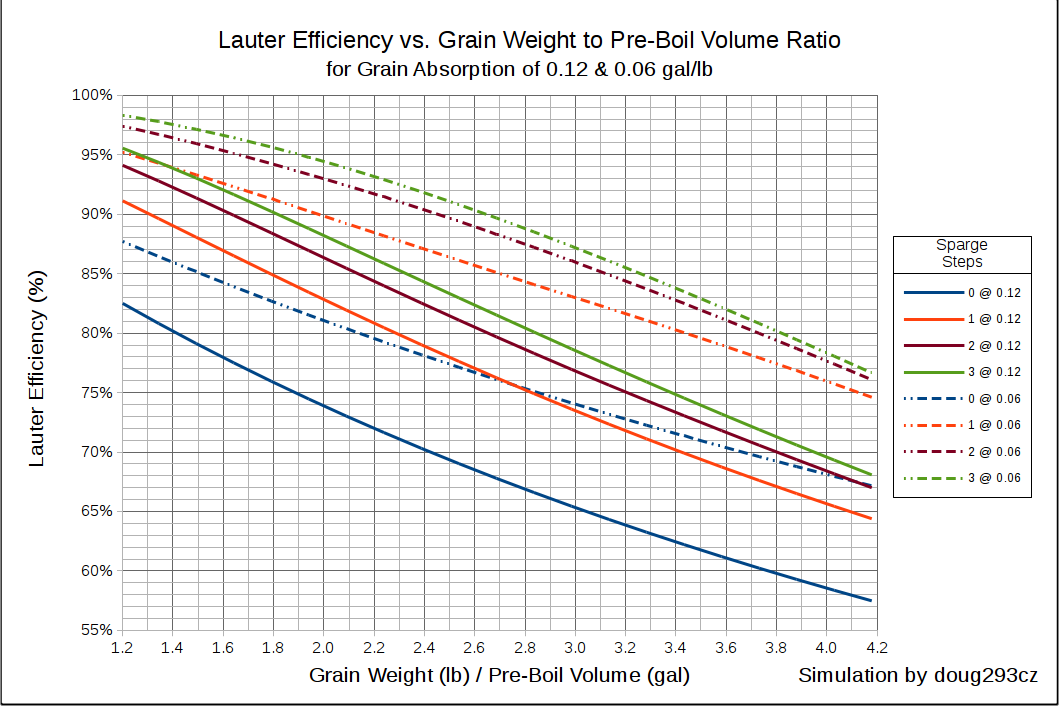Hey guys!
Basically im not a starter brewer but a beginner still. I'm brewed like 20-25 beers already. (Drinkable or even good beers ) However ive decided to change the method to BIAB brewing. (Time saver methods are welcome since i have a big family) I brewed some beers already with BIAB and my sparging method simply was to heat water to 78 C and let the bag 15 mins inside. After I pour everything to my hop boiler pot and finish with the hop boiling. The sparging water were always 2/3 of my starting water as i will mention below.
) However ive decided to change the method to BIAB brewing. (Time saver methods are welcome since i have a big family) I brewed some beers already with BIAB and my sparging method simply was to heat water to 78 C and let the bag 15 mins inside. After I pour everything to my hop boiler pot and finish with the hop boiling. The sparging water were always 2/3 of my starting water as i will mention below.
Do you guys have any better method to get more OG? My goal is always around 1.50-1.60 and i found pretty easy to reach it however 2 times it were around 1,047 or 1,046. These beers turned out fantastic too but i want to get some knowledge in this topic so every advice or experience helps me! I cant brew big amounts sadly. My pot is 12,5 L so I start with 9L water and i use around 2,5-3kg malt. Sparging water is around 5-6 L. Should i change on this? I get 8-9L beer at the bottling this way.
Ive just planned to do a "session" British IPA i used to brew before but with BIAB now. (hops.: EKG - Fuggles and malts are Pale ale 2 row, crystal malt and cara red to get some color for yeast im using safale s04)
Thanks!
Basically im not a starter brewer but a beginner still. I'm brewed like 20-25 beers already. (Drinkable or even good beers
Do you guys have any better method to get more OG? My goal is always around 1.50-1.60 and i found pretty easy to reach it however 2 times it were around 1,047 or 1,046. These beers turned out fantastic too but i want to get some knowledge in this topic so every advice or experience helps me! I cant brew big amounts sadly. My pot is 12,5 L so I start with 9L water and i use around 2,5-3kg malt. Sparging water is around 5-6 L. Should i change on this? I get 8-9L beer at the bottling this way.
Ive just planned to do a "session" British IPA i used to brew before but with BIAB now. (hops.: EKG - Fuggles and malts are Pale ale 2 row, crystal malt and cara red to get some color for yeast im using safale s04)
Thanks!





